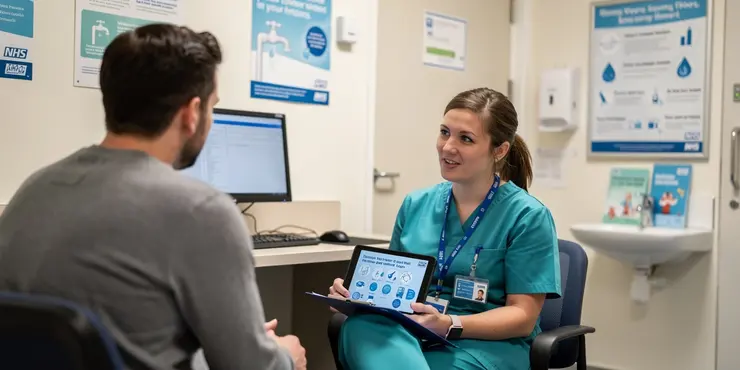
Find Help
More Items From Ergsy search
-
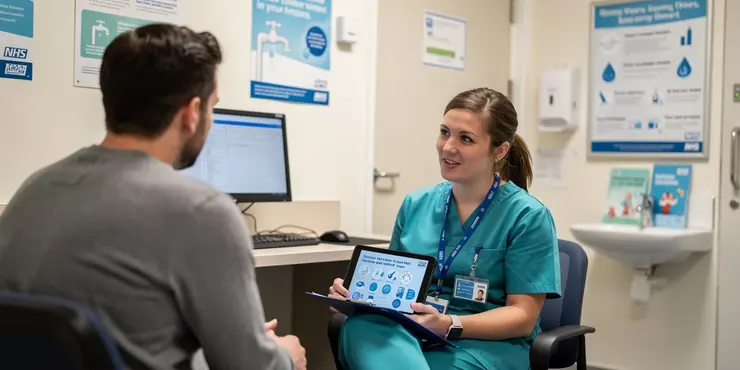
Can individual actions significantly impact overall water loss?
Relevance: 100%
-
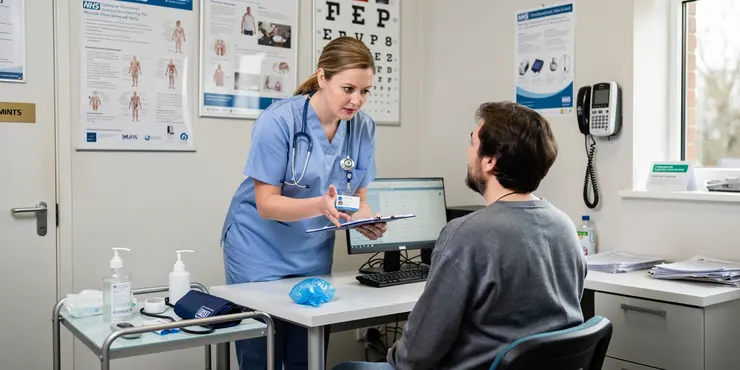
What causes water loss in the UK?
Relevance: 59%
-
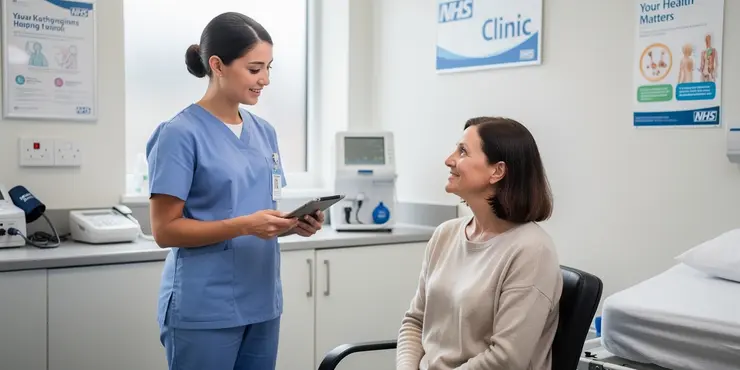
What measures are being taken to address water loss in the UK?
Relevance: 59%
-
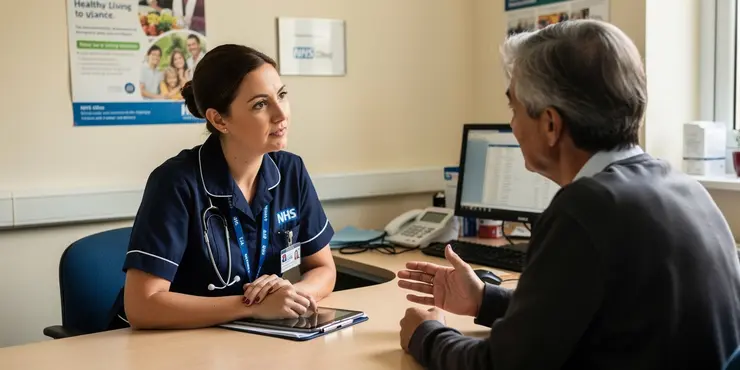
What are the financial implications of water loss for the UK?
Relevance: 58%
-
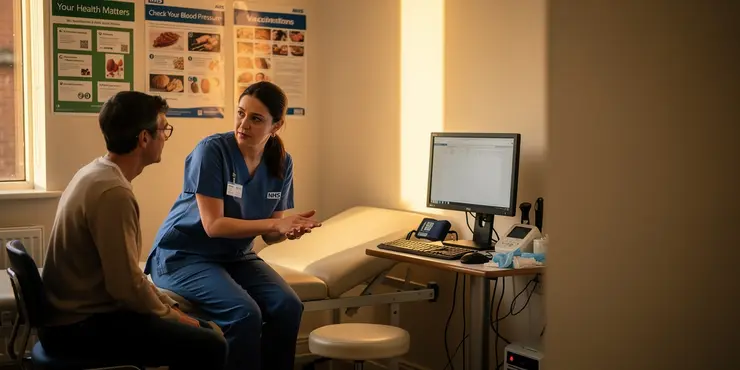
Are there any government initiatives to tackle water loss in the UK?
Relevance: 57%
-
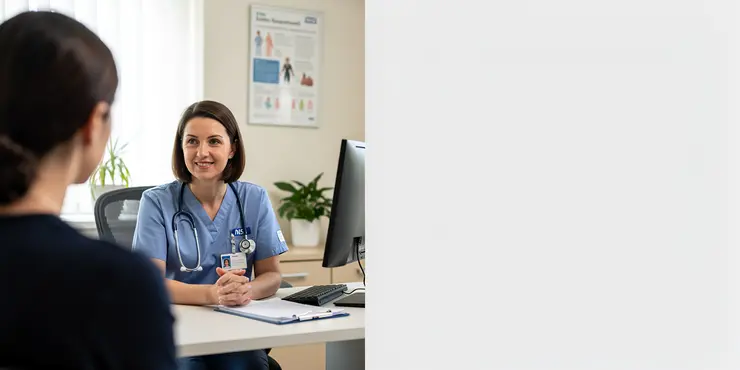
How significant is the water loss problem in the UK?
Relevance: 56%
-
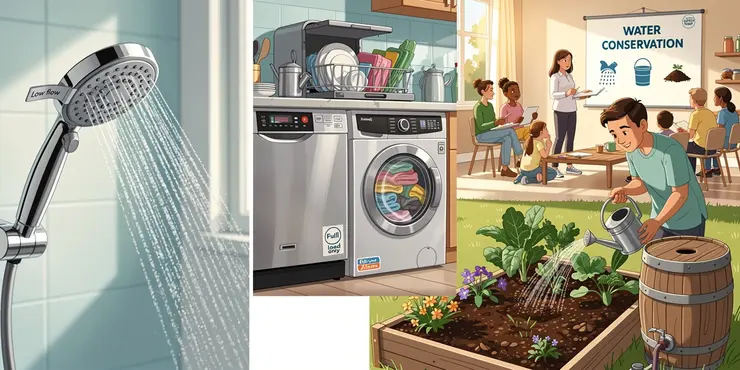
What is the role of consumers in reducing water loss?
Relevance: 55%
-
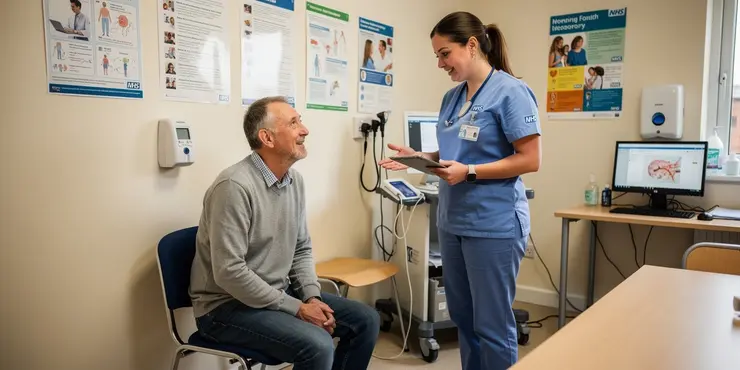
What impact does water loss have on the environment in the UK?
Relevance: 52%
-
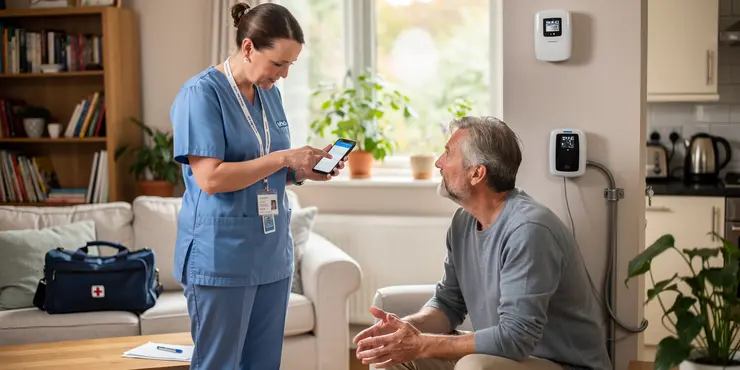
How are new technologies helping to reduce water loss in the UK?
Relevance: 52%
-
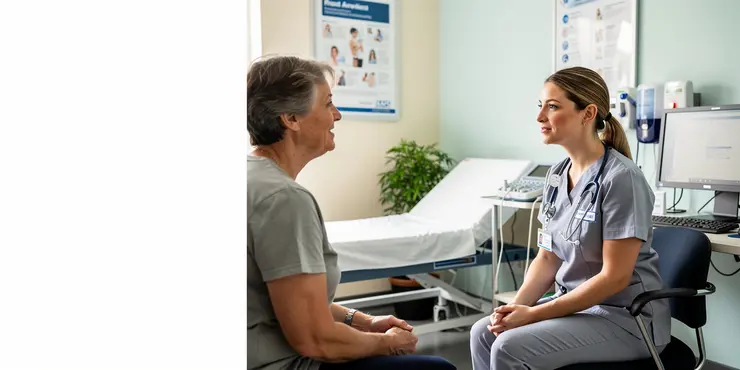
Can non-diabetic individuals use Ozempic for weight loss?
Relevance: 50%
-
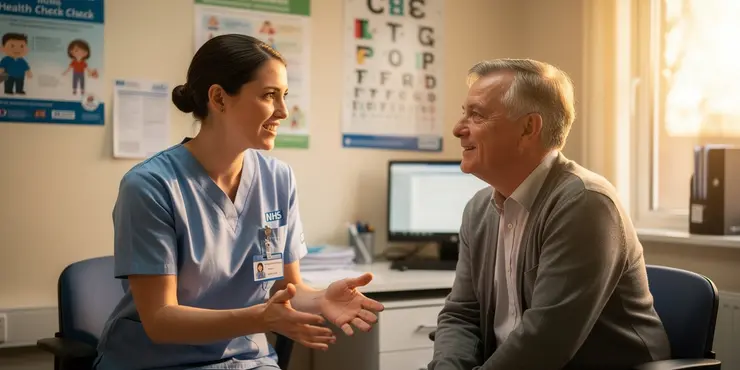
Can Wegovy help with weight loss in non-obese individuals?
Relevance: 47%
-
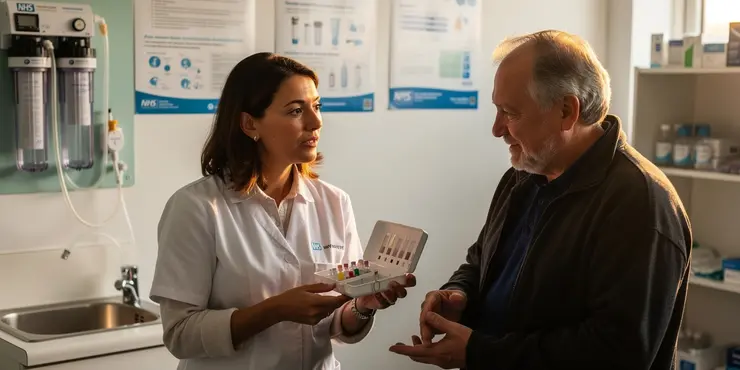
How much water is lost in the UK through poor infrastructure?
Relevance: 46%
-
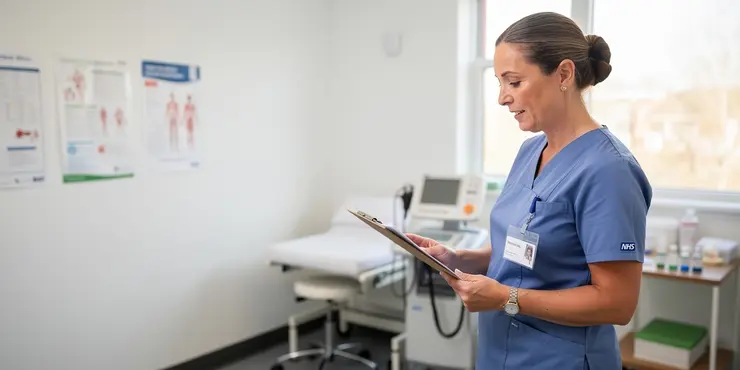
Are there penalties for not maintaining water infrastructure?
Relevance: 43%
-
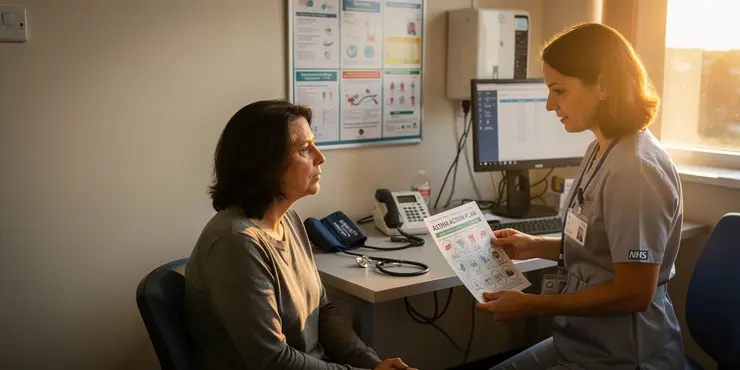
What is an asthma action plan?
Relevance: 41%
-
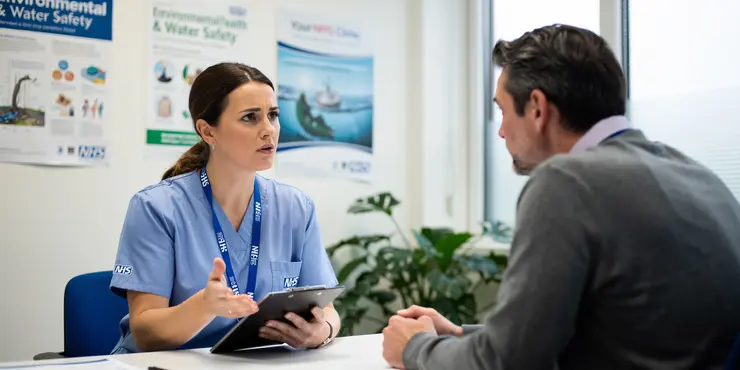
How can individuals help reduce sewage pollution?
Relevance: 40%
-
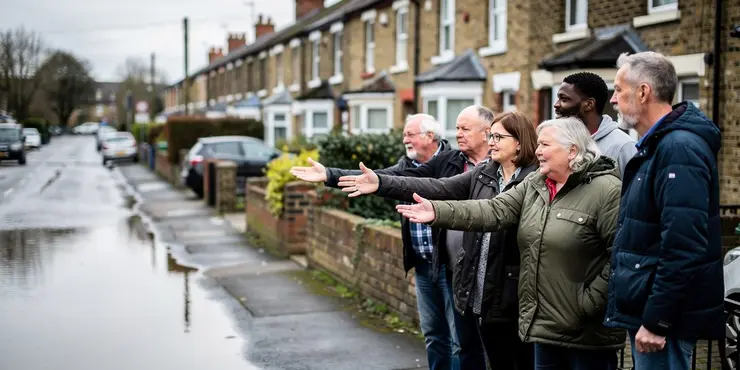
What happens if a water main bursts?
Relevance: 39%
-
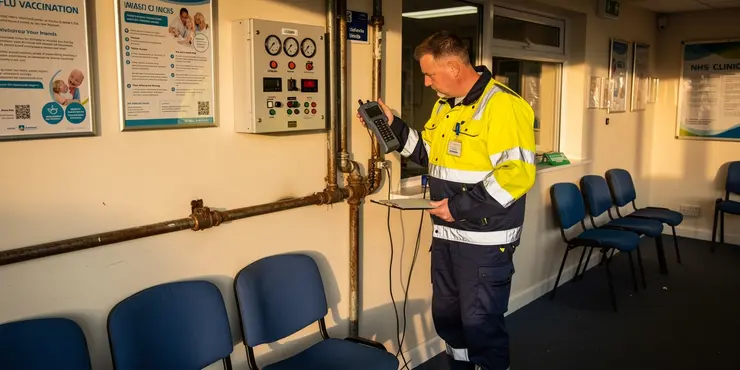
What is the expected timeframe to significantly reduce water loss in the UK?
Relevance: 39%
-
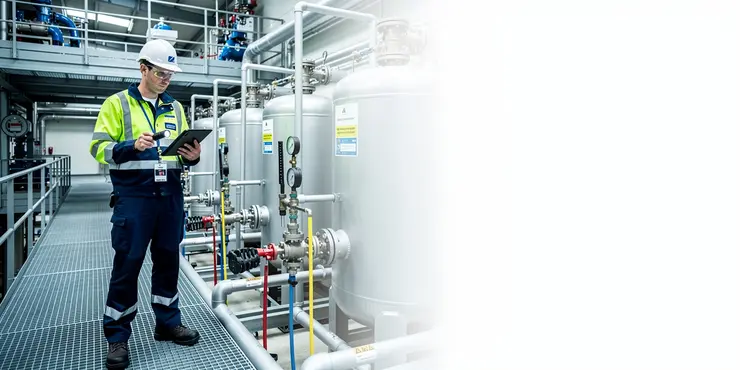
Are water companies responsible for maintaining water infrastructure in the UK?
Relevance: 38%
-
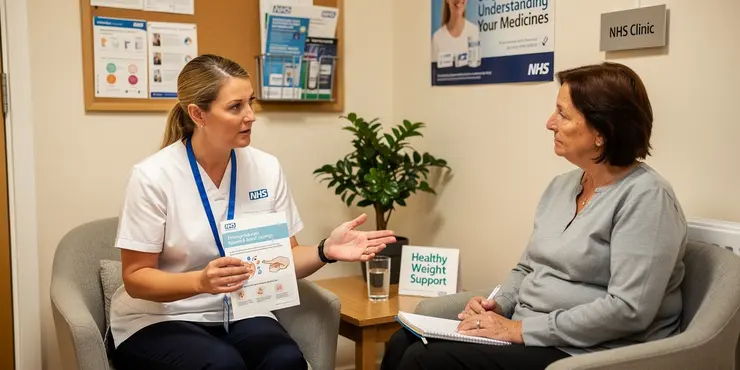
Can weight loss drugs cause dehydration?
Relevance: 37%
-
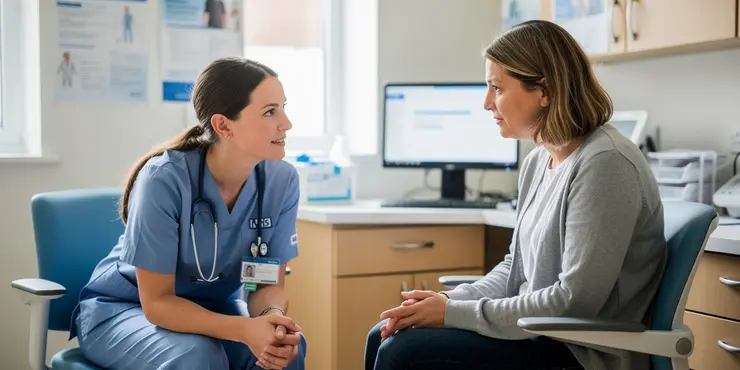
Are the refunds part of a regulatory action?
Relevance: 37%
-
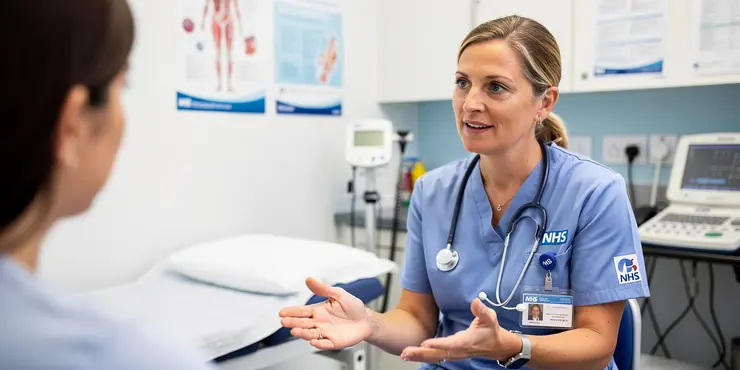
Are there penalties for water companies besides issuing refunds?
Relevance: 36%
-
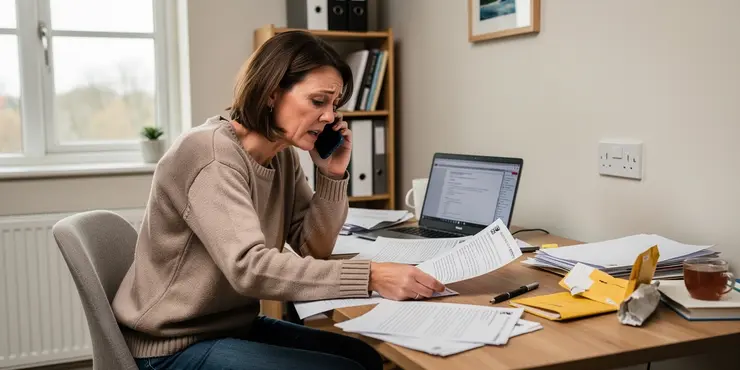
What can I do if the water company doesn’t respond to my claim?
Relevance: 36%
-
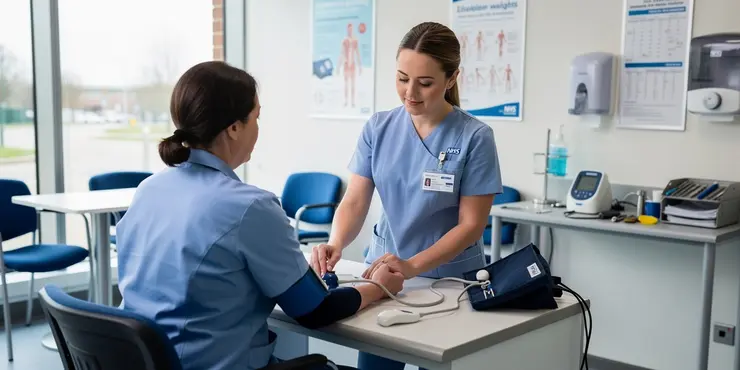
Do these refunds mean water companies have increased their rates fraudulently?
Relevance: 35%
-
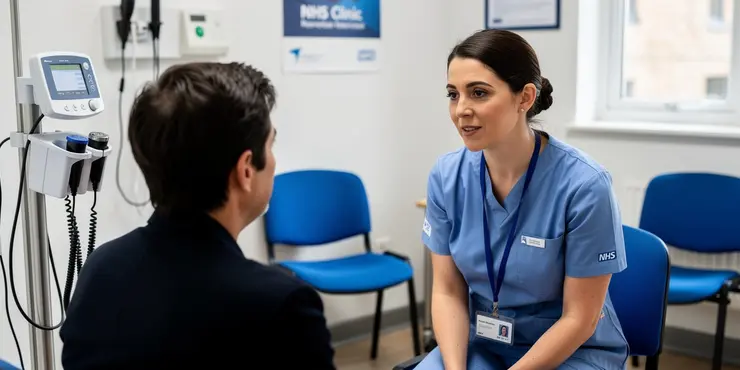
Who regulates the performance and compliance of UK water companies?
Relevance: 35%
-
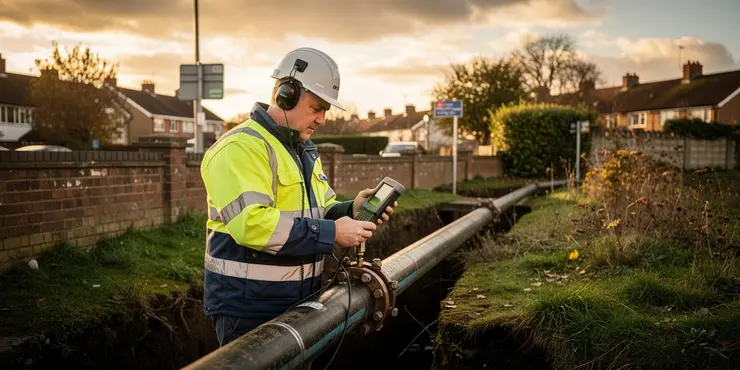
How do water companies detect leaks?
Relevance: 35%
-
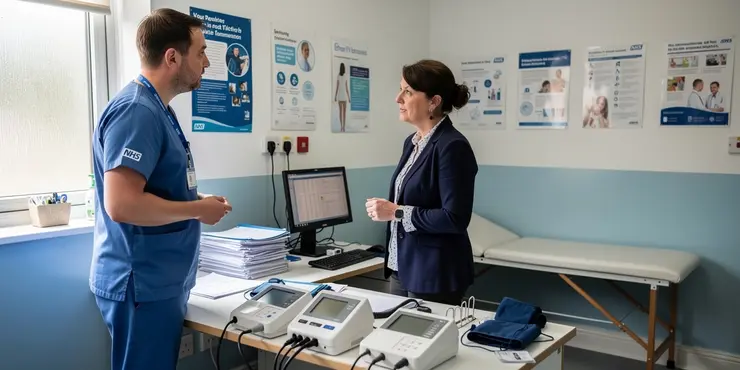
Which UK water companies are going to refund their customers for poor performance?
Relevance: 35%
-
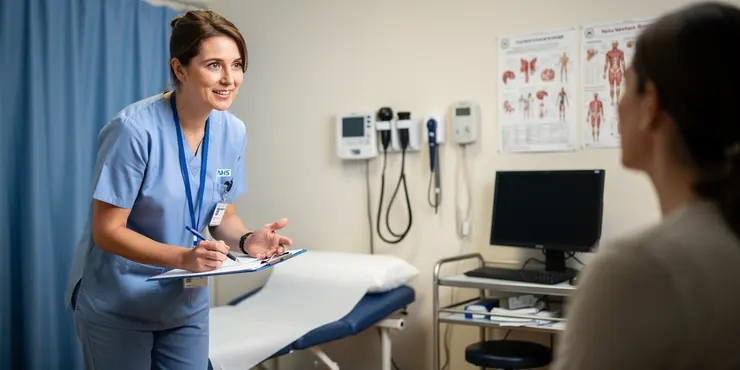
How many UK water companies are involved in the refund process?
Relevance: 35%
-
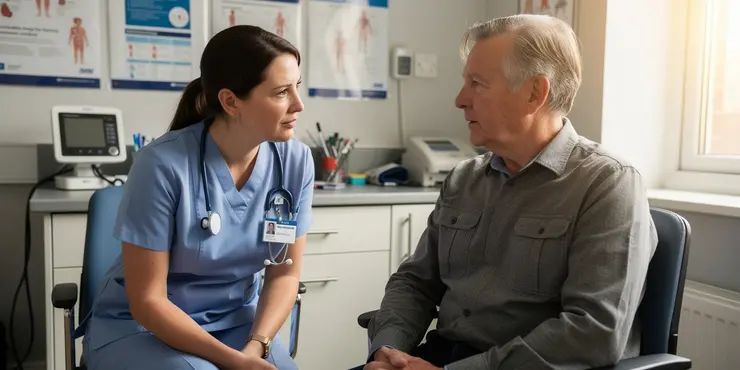
Does Thames Water enforce a hosepipe ban more than other water authorities?
Relevance: 35%
-
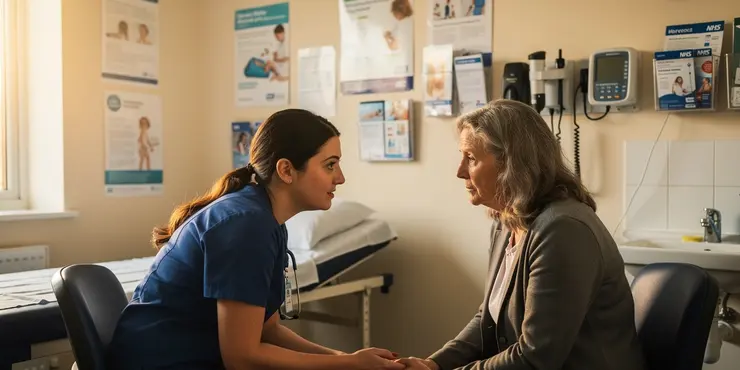
Are there legal guidelines for sewage discharge into UK waters?
Relevance: 35%
-
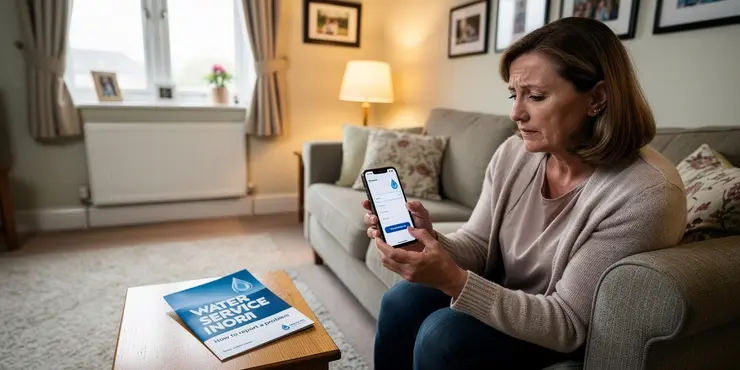
Can customers report issues with water infrastructure?
Relevance: 35%
-
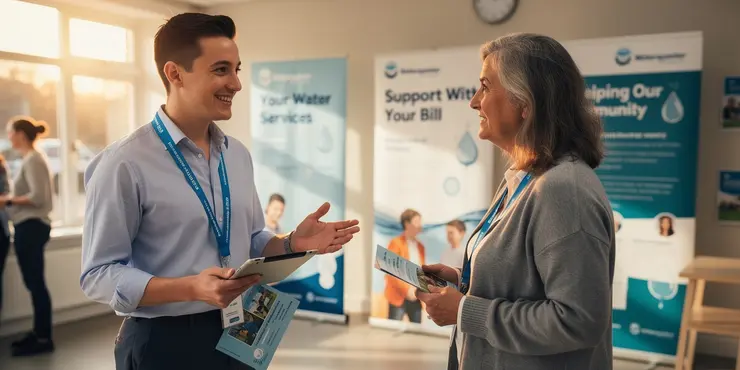
What is the role of a water regulator in my claim?
Relevance: 34%
-
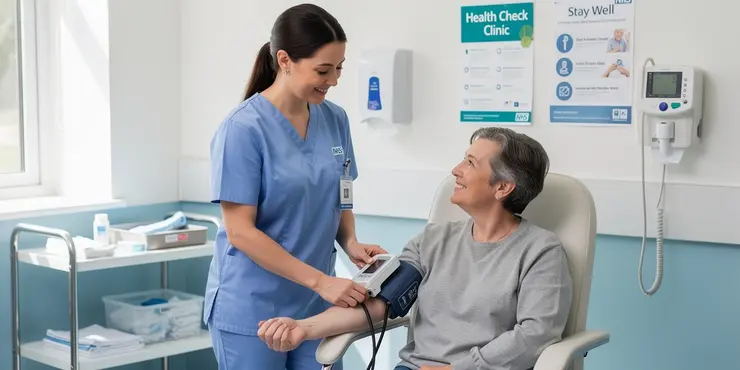
Are there initiatives to improve water efficiency in infrastructure?
Relevance: 34%
-
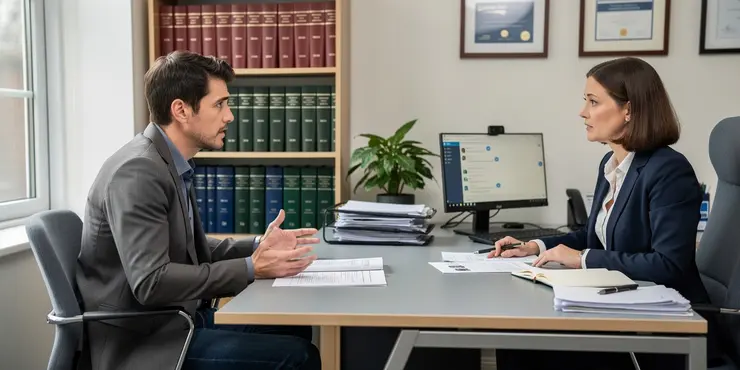
Can I take legal action myself against unsolicited texters?
Relevance: 34%
-
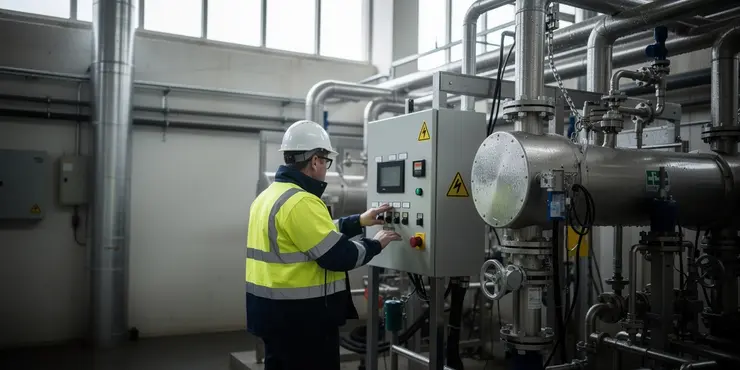
What does water infrastructure maintenance involve?
Relevance: 34%
-
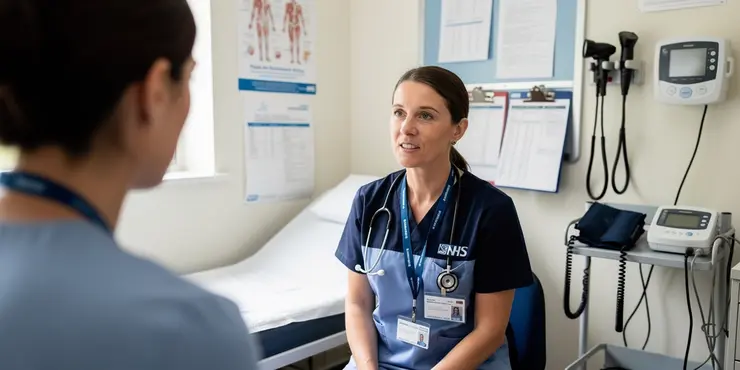
Which UK water companies are going to refund their customers?
Relevance: 34%
-
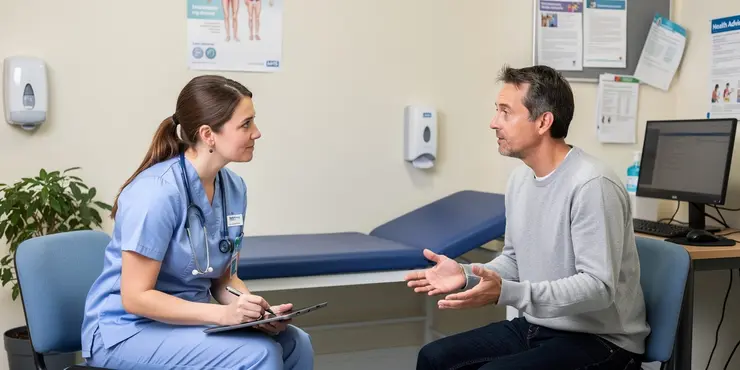
Does the ICO have the power to take action against my neighbour?
Relevance: 34%
-
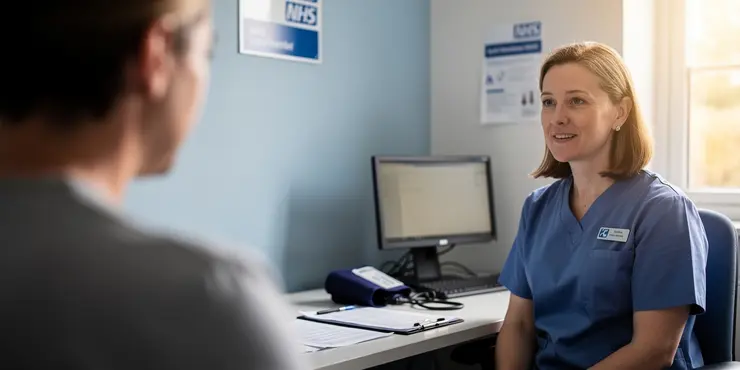
Which body is responsible for enforcing refunds by UK water companies?
Relevance: 33%
-
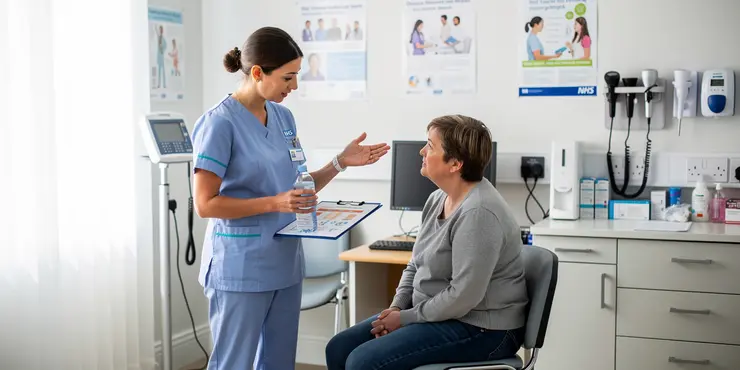
How much water should I drink during a heatwave?
Relevance: 33%
-
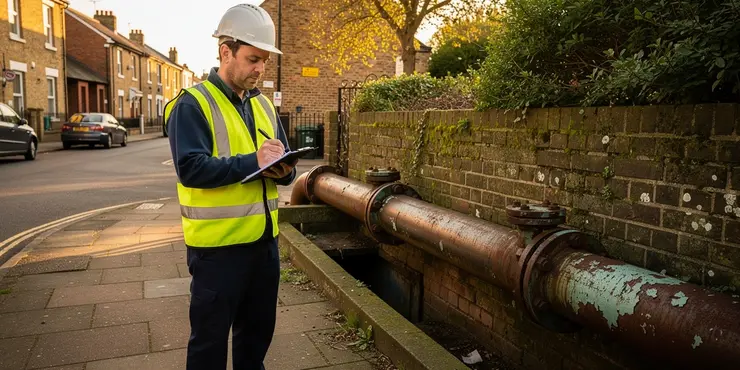
Are water companies responsible to maintain and update infrastructure in the UK?
Relevance: 33%
-
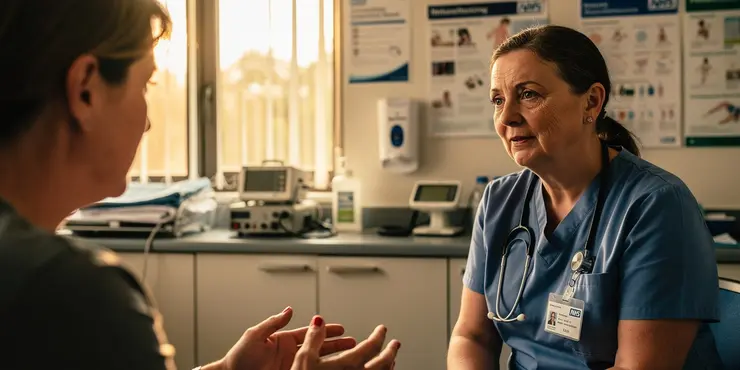
Do water companies have to update the infrastructure?
Relevance: 33%
Understanding Water Loss
Water loss refers to the reduction or depletion of available water resources, which can have significant implications for both the environment and human societies. In the UK, as in many parts of the world, water scarcity is becoming a growing concern due to factors such as increased population, climate change, and inefficient water use. Understanding the causes and impacts of water loss is essential in addressing this problem.
Role of Individual Actions
One might question whether individual actions can significantly impact overall water loss. While large-scale systemic changes are undoubtedly critical, individual actions collectively contribute to meaningful change. Every person's water use, whether for household activities or in agriculture, adds up. By adopting water-saving habits, individuals can help in reducing the overall demand for water.
Water-Saving Practices
There are numerous ways individuals can reduce their water consumption. Simple actions such as turning off the tap while brushing teeth, taking shorter showers, and fixing leaks can significantly curtail water wastage. Installing water-efficient fixtures and appliances can also help in reducing water use without affecting lifestyle quality.
Agricultural Water Use
In the UK, a substantial portion of water is used in agriculture. Individuals can influence water loss by supporting sustainable farming practices that use water more efficiently. This includes choosing products from farms implementing water-saving techniques such as drip irrigation and crop rotation, which help preserve water resources.
Cumulative Impact
While one person's effort might seem negligible, the cumulative impact of many individuals making conscious efforts to reduce their water usage can be substantial. If a significant portion of the population adopts water-saving practices, it can lead to considerable reductions in overall water demand, alleviating stress on water resources.
Challenges and Opportunities
Despite the potential impact, there are challenges in mobilizing widespread change in individual behavior. Raising awareness and educating the public about the importance of water conservation is crucial. Additionally, governmental policies and incentives can encourage citizens to adopt more water-efficient lifestyles, thus amplifying individual actions through systemic support.
Conclusion
In conclusion, while individual actions alone may not completely solve the problem of water loss, they are an essential part of a broader strategy. By making conscious choices to reduce water consumption, individuals in the UK can contribute positively towards mitigating water scarcity. Such efforts, when combined with community actions and policy changes, can significantly influence overall water preservation.
Understanding Water Loss
Water loss means losing water that we need. This is a big problem for both nature and people. In the UK and other places, there is less and less water. This is because more people use water, the climate is changing, and people don't always use water wisely. Knowing why we lose water and how it affects us is important to fix the problem.
Role of Individual Actions
Some might wonder if one person's actions matter for saving water. Big changes are important, but what each person does also counts. When you use water at home or on a farm, it adds up. By using less water, everyone can help save more water.
Water-Saving Practices
There are many easy ways to use less water. Turn off the tap while brushing your teeth, take shorter showers, and fix any leaks. You can also get taps and machines that use less water. These small actions can save a lot of water without changing how you live.
Agricultural Water Use
In the UK, farms use a lot of water. You can help reduce water loss by supporting farms that use less water. This includes buying food from farms that use smart watering techniques like drip irrigation and crop rotation. This helps keep our water safe.
Cumulative Impact
One person saving water might seem small, but if many people save water, it can make a big difference. If lots of us use less water, we can lower the demand for water and reduce stress on our water supply.
Challenges and Opportunities
Getting everyone to change their habits can be hard. We need to teach people why it's important to save water. The government can also help by creating rules and rewards for people who use less water. This support makes it easier for everyone to save water.
Conclusion
In summary, one person alone can't fix water loss, but they are still a big part of the solution. By choosing to use less water, people in the UK can help prevent water from becoming too scarce. When individuals, communities, and governments work together, we can all help save our water.
Frequently Asked Questions
Can individual actions significantly impact overall water loss?
Yes, individual actions can collectively make a significant impact on reducing water loss.
What are some individual actions to reduce water waste?
Fixing leaks, using water-efficient appliances, reducing shower time, and turning off the tap while brushing teeth are effective individual actions.
Does reducing shower time contribute to water conservation?
Yes, reducing shower time can save a substantial amount of water over time.
How can fixing leaks in a home impact water conservation?
Fixing leaks can save thousands of gallons of water each year, significantly reducing water loss.
Do water-efficient appliances make a difference?
Yes, water-efficient appliances use less water, reducing overall consumption and waste.
Can changing personal habits impact water loss?
Changing habits such as turning off taps when not in use can greatly reduce water waste.
Is it important to educate others about water conservation?
Educating others helps spread awareness, leading to collective efforts that significantly reduce water loss.
What role do individuals play in community water conservation efforts?
Individuals can lead by example, influence others, and participate in community initiatives for greater water conservation impact.
How does reducing water usage affect the environment?
Reducing water usage helps maintain local ecosystems, reduces energy consumption, and mitigates pollution.
Can collective individual action lead to policy changes?
Yes, widespread individual actions can influence public opinion and pressure policymakers to enact water conservation laws.
How much water can be saved by turning off the tap while brushing teeth?
Turning off the tap can save up to 8 gallons of water per day per person.
Are there any economic benefits to reducing water usage?
Yes, reducing water usage can lower utility bills and decrease the costs associated with water supply infrastructure.
How can outdoor water use be optimized to reduce water loss?
Using drought-resistant plants, watering during cooler parts of the day, and using efficient irrigation systems can reduce outdoor water usage.
Does reducing meat consumption impact water conservation?
Yes, reducing meat consumption can lower the water footprint since meat production requires significant amounts of water.
Can water conservation at home influence global water resources?
While one household is a small part of the global picture, collective efforts contribute to regional water conservation, indirectly supporting global resources.
What impact do water conservation efforts have on water quality?
Conserving water reduces pollution runoff and lessens the strain on sewage systems, leading to improved water quality.
How do personal water conservation habits influence younger generations?
By setting an example, individuals can teach younger generations the importance of water conservation, instilling lifelong habits.
Does installing dual-flush toilets help conserve water?
Yes, dual-flush toilets use significantly less water for liquid waste compared to traditional models.
Are there smartphone apps that can help track personal water use?
Yes, several apps are available that can help track and provide tips for reducing personal water usage.
Why is it important for individuals to be conscious of their water use?
Being conscious of water use encourages accountability and responsibility, which can lead to more sustainable water management at larger scales.
Can one person help save a lot of water?
Yes, when lots of people take small steps, it can really help save water.
How can one person save water?
Here are some easy ways to use less water:
- Turn off the tap when brushing your teeth.
- Take shorter showers.
- Fix leaks in your home quickly.
- Use a broom to clean driveways instead of water.
- Collect rainwater to water plants.
You can also use reminders or apps to help you remember to save water every day!
You can save water by doing these things:
- Fix any leaks.
- Use machines that don't waste a lot of water.
- Take shorter showers.
- Turn off the tap while you brush your teeth.
These are all good ways to save water by yourself.
Does taking shorter showers help save water?
Yes, taking shorter showers can save a lot of water.
Why is it good to fix leaks in your home to save water?
Fixing leaks can save a lot of water. It helps stop water from being wasted.
Do water-saving machines help?
Water-saving machines use less water.
They can be things like special taps, showers, or washing machines.
These machines help us save water.
Saving water is good for the earth and can save money on water bills.
If you want to use less water, trying water-saving machines can be a good idea.
Using pictures can help you understand more about these machines.
Yes, water-saving machines use less water. This helps you use less water and waste less too.
Can changing what we do every day help save water?
We can save a lot of water by doing simple things, like turning off the tap when we don’t need it.
Should we teach people to save water?
Water is important. We need it for drinking, cleaning, and cooking. But sometimes we waste it. This is not good. If we teach people how to save water, we all have more.
Here are some ways to help save water:
- Turn off the tap while brushing your teeth.
- Take shorter showers.
- Fix any leaks in your home.
Try using pictures or videos to learn more about saving water. These can make it easier to understand.
Teaching people about saving water is important. When more people know, we all work together to waste less water.
How Can People Help Save Water in Their Community?
People can help their community by saving water. Here are some ways to save water:
- Turn off the tap when brushing your teeth.
- Take shorter showers.
- Fix leaks in taps and toilets.
- Use a bucket to water plants instead of a hose.
These small actions can make a big difference. You can also ask for help from family, friends, or community groups. There are online videos and apps that show how to save water. Working together, we can all help make sure there's enough water for everyone!
People can show others how to save water by what they do, they can encourage their friends to save water too, and they can join in projects in their local area to help save even more water.
What happens to nature when we use less water?
Using less water is good for nature. It means more water is left for animals and plants. This helps keep rivers and lakes full.
Here are some tips to use less water:
- Turn off the tap when brushing your teeth.
- Take shorter showers.
- Fix any leaks at home.
- Use a bucket to water plants instead of a hose.
Using pictures or checklists can help you remember these tips!
Using less water is good for nature. It helps keep plants and animals happy. It also saves energy and stops pollution.
Here are some tips to help you use less water:
- Turn off the tap when brushing your teeth.
- Take shorter showers.
- Fix leaks quickly.
Some tools that can help you:
- Low-flow showerheads
- Faucet aerators
- Water-saving toilets
These small changes can make a big difference!
Can people working together change rules and laws?
When lots of people team up, they can make a big difference. This teamwork might change rules and laws. Here are some ideas to help:
- Join a group with the same goal.
- Write letters to leaders and ask for changes.
- Tell others why the change is important.
- Use websites or apps that help you speak up.
Yes, when lots of people do things to save water, it can make others think it is important. This can help push leaders to make rules to save water.
How much water can you save if you turn off the tap when brushing your teeth?
When you brush your teeth, do you leave the tap on? If you turn it off, you can save water!
Try using these ideas to help:
- Count to 10 while brushing, then rinse your teeth.
- Use a cup to rinse your mouth.
- Ask someone to remind you to turn off the tap.
When you turn off the tap, you can save about 8 big bottles of water every day for each person.
Can saving water help us save money?
Yes, using less water can help you save money on water bills. It also costs less to manage the pipes and places that bring water to your home.
How can we save water when using it outside?
Use these tips to save water when outside:
- Water plants early in the morning or late in the day to stop water from drying up in the sun.
- Fix any leaks in hoses or outside taps.
- Put a cover on the pool when not using it to stop water from going away.
- Use a broom instead of a hose to clean driveways.
Tools like timers for watering and rain sensors can help too. They help make sure we don’t use too much water.
We can save water outside by doing these things:
- Plant flowers and plants that don't need much water.
- Water plants when it is cool, like in the morning or evening.
- Use smart watering tools to give the right amount of water.
These tips help save water!
Does eating less meat save water?
Yes, eating less meat can help save water. It takes a lot of water to make meat.
Can saving water at home help the whole world's water?
A single home uses a small amount of water compared to the whole world. But if everyone saves water, it can help our local areas and even help the whole planet in the long run.
How do saving water efforts help keep water clean?
Saving water helps keep our rivers and lakes clean. It also stops the drains from getting too full and keeps our water nice and healthy.
How do our water-saving habits affect children?
When grown-ups use less water, kids learn to do the same. They watch and copy. It's important to teach kids how to save water, like turning off the tap while brushing teeth.
Here are some simple tools and tips to help:
- Place a timer in the bathroom to keep showers short.
- Use pictures to show when to use less water.
- Make a fun chart to track water-saving activities.
- Read books about saving water together.
When people show how to save water, they can teach kids why it’s important. This helps kids learn good habits for life.
Do dual-flush toilets save water?
Yes, dual-flush toilets use a lot less water for pee than old toilets.
Can smartphone apps help you keep track of how much water you use?
Yes, there are apps that can help you see how much water you use.
These apps are easy to use. They tell you how much water you drink or use every day. You can even set reminders to drink water.
Some apps show you pictures and graphs to make it easier to understand your water use.
Try using these apps on your phone or tablet to help you. It's a fun way to learn about water!
Yes, there are many apps that can help you watch how much water you use. These apps can also give you tips to use less water.
Why should we think about how much water we use?
It's good to save water. This helps the Earth and everyone on it.
Here are some ways to save water:
- Turn off the tap when brushing your teeth.
- Take shorter showers.
- Fix leaks in taps or toilets.
Remember, every drop counts! Try asking an adult for help if you need it.
When we think about how much water we use, it helps us be more careful and responsible. This can help us take better care of water for everyone.
Useful Links
This website offers general information and is not a substitute for professional advice.
Always seek guidance from qualified professionals.
If you have any medical concerns or need urgent help, contact a healthcare professional or emergency services immediately.
Some of this content was generated with AI assistance. We’ve done our best to keep it accurate, helpful, and human-friendly.
- Ergsy carfully checks the information in the videos we provide here.
- Videos shown by Youtube after a video has completed, have NOT been reviewed by ERGSY.
- To view, click the arrow in centre of video.
- Most of the videos you find here will have subtitles and/or closed captions available.
- You may need to turn these on, and choose your preferred language.
- Go to the video you'd like to watch.
- If closed captions (CC) are available, settings will be visible on the bottom right of the video player.
- To turn on Captions, click settings .
- To turn off Captions, click settings again.
More Items From Ergsy search
-

Can individual actions significantly impact overall water loss?
Relevance: 100%
-

What causes water loss in the UK?
Relevance: 59%
-

What measures are being taken to address water loss in the UK?
Relevance: 59%
-

What are the financial implications of water loss for the UK?
Relevance: 58%
-

Are there any government initiatives to tackle water loss in the UK?
Relevance: 57%
-

How significant is the water loss problem in the UK?
Relevance: 56%
-

What is the role of consumers in reducing water loss?
Relevance: 55%
-

What impact does water loss have on the environment in the UK?
Relevance: 52%
-

How are new technologies helping to reduce water loss in the UK?
Relevance: 52%
-

Can non-diabetic individuals use Ozempic for weight loss?
Relevance: 50%
-

Can Wegovy help with weight loss in non-obese individuals?
Relevance: 47%
-

How much water is lost in the UK through poor infrastructure?
Relevance: 46%
-

Are there penalties for not maintaining water infrastructure?
Relevance: 43%
-

What is an asthma action plan?
Relevance: 41%
-

How can individuals help reduce sewage pollution?
Relevance: 40%
-

What happens if a water main bursts?
Relevance: 39%
-

What is the expected timeframe to significantly reduce water loss in the UK?
Relevance: 39%
-

Are water companies responsible for maintaining water infrastructure in the UK?
Relevance: 38%
-

Can weight loss drugs cause dehydration?
Relevance: 37%
-

Are the refunds part of a regulatory action?
Relevance: 37%
-

Are there penalties for water companies besides issuing refunds?
Relevance: 36%
-

What can I do if the water company doesn’t respond to my claim?
Relevance: 36%
-

Do these refunds mean water companies have increased their rates fraudulently?
Relevance: 35%
-

Who regulates the performance and compliance of UK water companies?
Relevance: 35%
-

How do water companies detect leaks?
Relevance: 35%
-

Which UK water companies are going to refund their customers for poor performance?
Relevance: 35%
-

How many UK water companies are involved in the refund process?
Relevance: 35%
-

Does Thames Water enforce a hosepipe ban more than other water authorities?
Relevance: 35%
-

Are there legal guidelines for sewage discharge into UK waters?
Relevance: 35%
-

Can customers report issues with water infrastructure?
Relevance: 35%
-

What is the role of a water regulator in my claim?
Relevance: 34%
-

Are there initiatives to improve water efficiency in infrastructure?
Relevance: 34%
-

Can I take legal action myself against unsolicited texters?
Relevance: 34%
-

What does water infrastructure maintenance involve?
Relevance: 34%
-

Which UK water companies are going to refund their customers?
Relevance: 34%
-

Does the ICO have the power to take action against my neighbour?
Relevance: 34%
-

Which body is responsible for enforcing refunds by UK water companies?
Relevance: 33%
-

How much water should I drink during a heatwave?
Relevance: 33%
-

Are water companies responsible to maintain and update infrastructure in the UK?
Relevance: 33%
-

Do water companies have to update the infrastructure?
Relevance: 33%


